Serilog with ASP NET 5 Razor Pages.
Reducing log verbosity is very useful for Informational logs.
However for debug logs, how to get a MinimumLevel.Override("Microsoft.AspNetCore") to be specific to a debug file sink?
Creating 2 configurations could be a solution, but feels like something more elegant may be possible?
Log.Logger = new LoggerConfiguration()
.MinimumLevel.Debug()
.Enrich.FromLogContext()
// for debug file sink I want the override to be Debug
.MinimumLevel.Override("Microsoft.AspNetCore", LogEventLevel.Debug)
.WriteTo.File("debug.txt", restrictedToMinimumLevel: LogEventLevel.Debug)
// for info and warning file sinks I want the override to be Warning
.MinimumLevel.Override("Microsoft.AspNetCore", LogEventLevel.Warning)
.WriteTo.File("info.txt", restrictedToMinimumLevel: LogEventLevel.Information)
.WriteTo.File("warning.txt", restrictedToMinimumLevel: LogEventLevel.Warning)
.CreateLogger();
Everything works as expected using just one override. But not together.
In the example above the Warning override takes precedence and no AspNetCore Debug event logs are written to debug.txt
Edit
In summary, I'd like my debug log to include Information event level from Microsoft.AspNetCore and my info log file to include Warning event level from Microsoft.AspNetCore
I got the 2 logs files how I wanted by commenting out and in 1. and 2. below
// 1. for debug file sink I want AspNetCore.Information or Debug level override
.MinimumLevel.Override("Microsoft.AspNetCore", LogEventLevel.Information)
.WriteTo.File($@"{logFilePath}debugx.txt", restrictedToMinimumLevel: LogEventLevel.Debug, rollingInterval: RollingInterval.Day)
// 2. for info and warning file sinks below I want only AspNetCore warnings
//.MinimumLevel.Override("Microsoft.AspNetCore", LogEventLevel.Warning)
It's an interesting one


